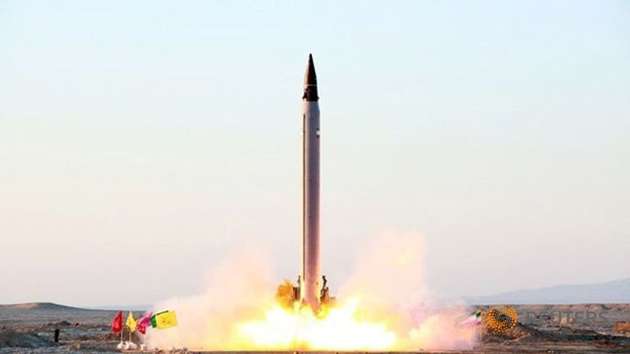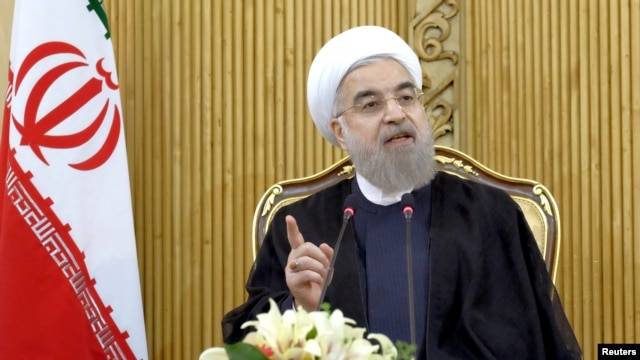Alex.
Diamond Member
- Aug 18, 2014
- 9,894
- 4,977
- 2,095
- Banned
- #1
"Iran tested a new guided long-range ballistic missile on Sunday, hours before Parliament, in a rowdy session, approved the generalities of the nuclear agreement reached in July between Iran and world powers, the state news agency IRNA reported.
The missile launch may have violated the terms of the agreement, reached in Vienna with six world powers. According to some readings of the deal, it placed restrictions on Iran’s ambitious missile program.
Experts have been debating the interpretation of a United Nations Security Council resolution, adopted a few days after the accord was agreed upon, that bars Iran from developing missiles “designed to carry nuclear warheads.”
Hard-line Iranian officials had for months been demanding new missile tests, a common practice before the negotiations over the country’s nuclear program began in 2013."
http://www.nytimes.com/2015/10/12/w...e-possibly-violating-nuclear-accord.html?_r=0
Why am I not surprised, they cannot be trusted. Obama got exactly what he asked for with the treaty.
The missile launch may have violated the terms of the agreement, reached in Vienna with six world powers. According to some readings of the deal, it placed restrictions on Iran’s ambitious missile program.
Experts have been debating the interpretation of a United Nations Security Council resolution, adopted a few days after the accord was agreed upon, that bars Iran from developing missiles “designed to carry nuclear warheads.”
Hard-line Iranian officials had for months been demanding new missile tests, a common practice before the negotiations over the country’s nuclear program began in 2013."
http://www.nytimes.com/2015/10/12/w...e-possibly-violating-nuclear-accord.html?_r=0
Why am I not surprised, they cannot be trusted. Obama got exactly what he asked for with the treaty.



